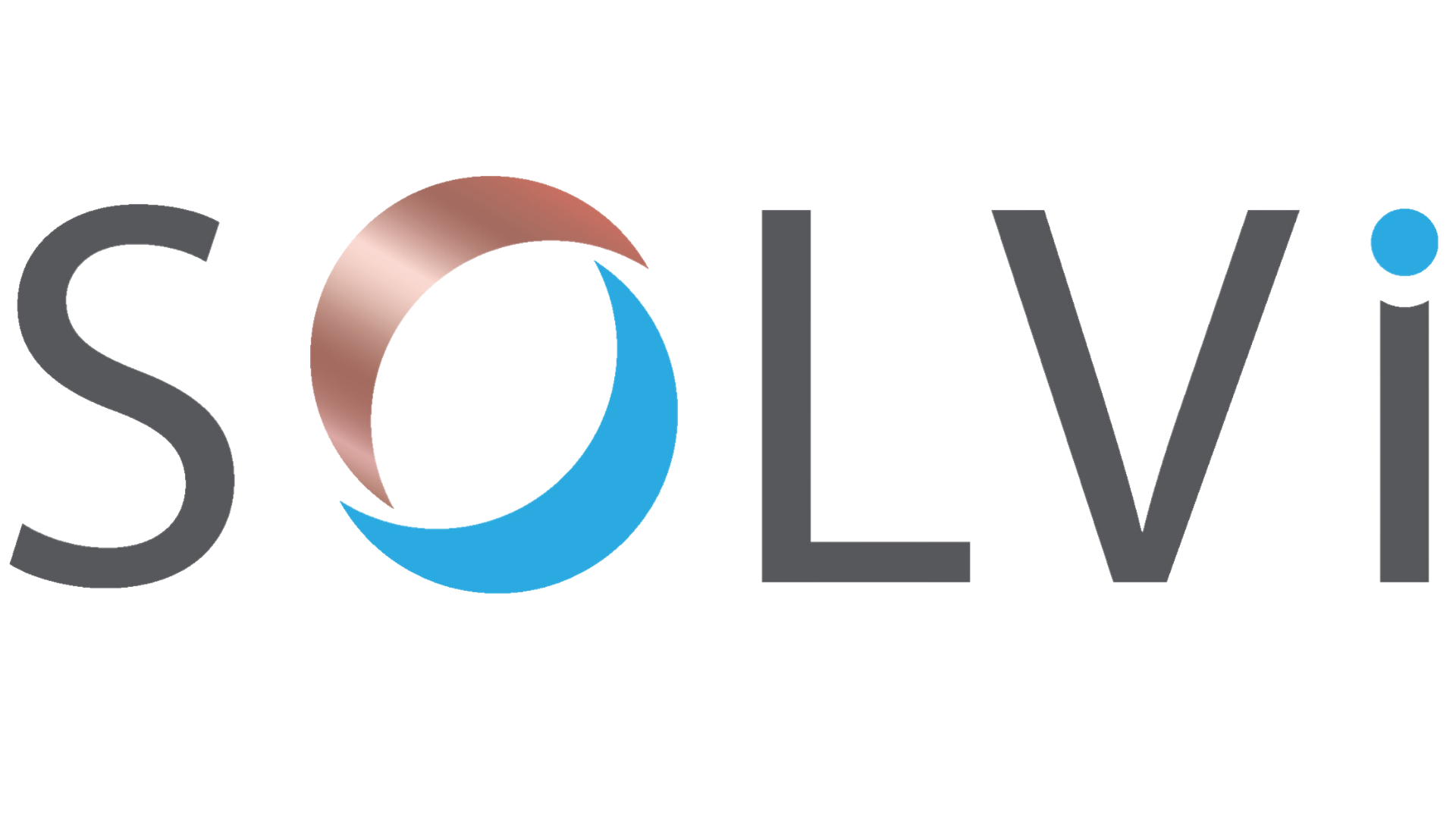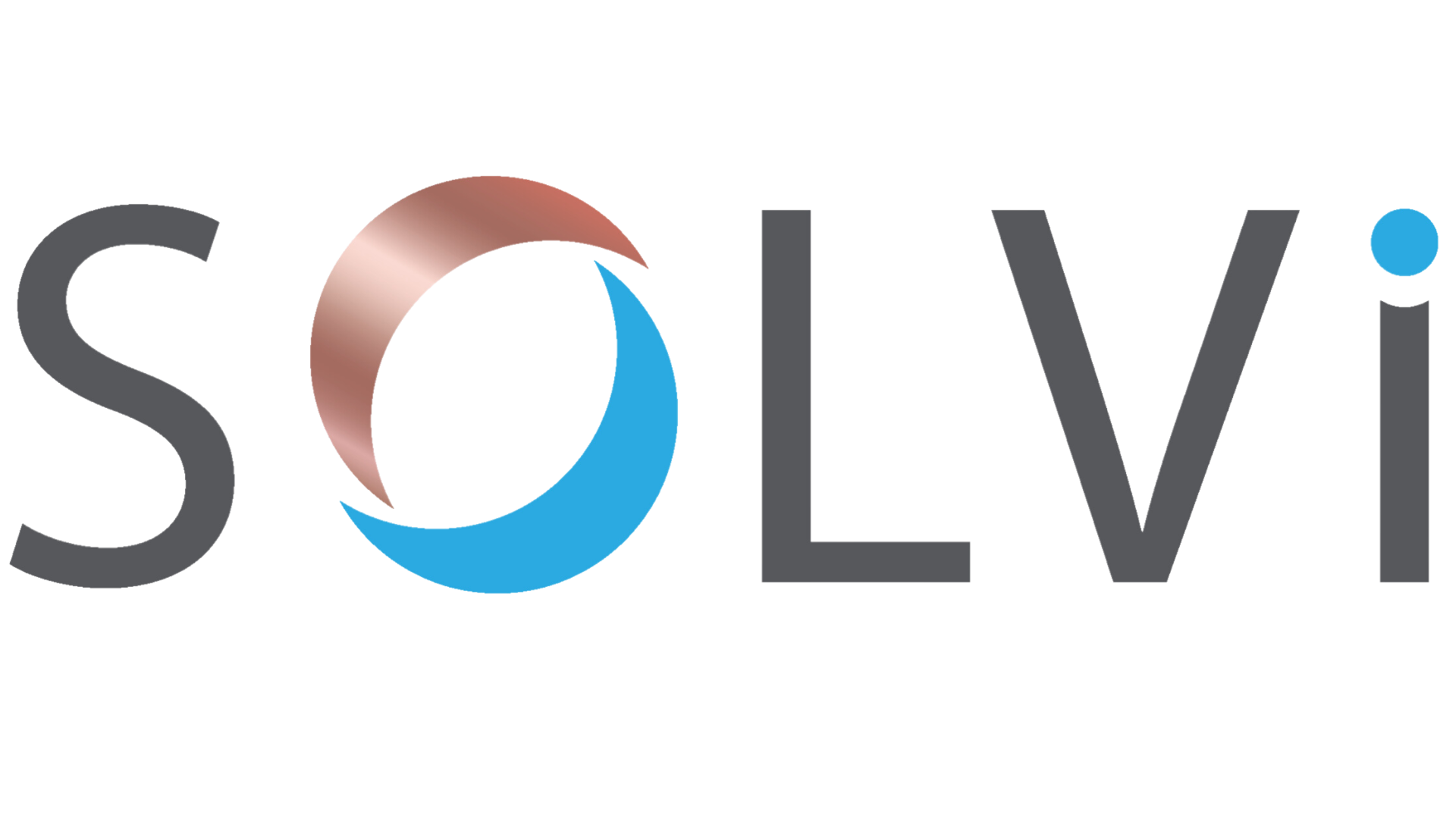Australia is a great place to live and work. Our passion is to help Registered Nurses living overseas to work and experience the great Aussie lifestyle. However, navigating the complexities of migrating to Australia can be daunting.
SOLVi Migration has been assisting nurses to gain registration and successfully migrate independently. Our dedicated team of legal experts specialises in guiding overseas registered nurses through the intricate visa and registration processes, ensuring a smooth transition to working in Australia.
We are committed to providing personalised support every step of the way, from initial eligibility assessments and visa applications to professional registration and employment advice. Trust us to help you achieve your dream of a rewarding nursing career in Australia.

VISA’S WE CAN HELP WITH

Employer Sponsored

Skilled Independent
MAKING AUSTRALIAN MIGRATION EASY

Do I Need ANMAC and AHPRA Registration? Why Both Matter for Nurse Migration
If you’re a registered nurse planning to migrate to Australia, you’ve probably heard two acronyms thrown around: AHPRA and ANMAC.
🔹 AHPRA stands for the Australian Health Practitioner Regulation Agency.
🔹 ANMAC stands for the Australian Nursing and Midwifery Accreditation Council.
They are two completely different organisations—and if you’re planning to work as a nurse and apply for a skilled independent or employer-sponsored visa, you may need registration with AHPRA and a Skills Assessment from ANMAC.
In this blog, we break down:
✅ What AHPRA and ANMAC each do
✅ When and why you need both
✅ The key visa pathways that require each one
✅ How to know which ANMAC assessment applies to you
✅ The updated English language test requirements
🏥 What is AHPRA?
AHPRA is the national regulator for health professionals in Australia. If you want to work as a nurse in Australia—whether in public or private hospitals, aged care, clinics, or community—you must be registered with AHPRA.
AHPRA registration is a mandatory professional requirement. Without AHPRA registration, you cannot work as a nurse, even if you already have a visa.
🧾 What is ANMAC?
The Australian Nursing and Midwifery Accreditation Council (ANMAC) is the skills assessing authority for migration purposes.
If you’re applying for a Skilled Independent visa (subclass 189, 190, 491) or an Employer-Sponsored visa (subclass 482, 494, 186), you will need a positive Skills Assessment from ANMAC under one of these pathways:
🔹 Full Skills Assessment
🔹 Modified Skills Assessment
🧠 Why Do I Need Both?
If you want to:
Work in Australia as a nurse, and
Apply for a skilled independent or employer-sponsored visa.
… then you’ll always need both:
AHPRA registration (to be employed as a nurse)
ANMAC Skills Assessment (to meet migration requirements as a nurse).
There is no exemption for nurses who studied or worked in English-speaking countries.
🔍 Full vs Modified ANMAC Skills Assessment
Which ANMAC pathway applies to you depends on your registration, qualification, and English test scores.
✅ Full Skills Assessment
To be eligible, you must:
To qualify for a Full Skills Assessment (nursing), you need to:
hold a relevant nursing qualification
be currently or previously registered as a nurse in Canada (B.C. or Ontario), Hong Kong, Ireland, Singapore, Spain, the United Kingdom, or the United States.
If your qualification is not a Bachelor of Nursing from Canada, Hong Kong, Ireland, the United Kingdom or the United States, you must have:
completed a qualification that led to general nursing registration after 1 January 2017
successfully completed a regulatory examination process in Canada, Ireland, Singapore, Spain, the United Kingdom or the United States (where applicable), and
completed a minimum of 1,800 hours of paid registered nurse work experience since 1 January 2017 in that same jurisdiction.
Provide evidence of Proficient English via one of the approved tests.
📝 Note: Even if AHPRA registration doesn’t require an English test (e.g. you have an exempt passport), ANMAC still does.
✅ Modified Skills Assessment
You’ll fall under this category if:
Your qualification or registration is not from a comparable country, or
You do not hold a Bachelor of Nursing (e.g. you have a Diploma or Master’s degree).
To apply for the Modified Skills Assessment, you must first:
Hold registration with AHPRA registration or the New Zealand Nursing Council (NZNC)
🧭 What Are the 6 AHPRA Pathways?
Before you apply for AHPRA registration, you must identify your correct pathway. There are six:
Stream A – For nurses with a Bachelor of Nursing from a comparable country (e.g. UK, Ireland, Canada, US, Hong Kong)
Stream B – For nurses who must complete the NCLEX + OSCE (Outcomes-Based Assessment)
Stream C – For Diploma-qualified nurses who must complete a bridging program
Pathway 1 – For nurses registered and qualified in a comparable country since 2017, with 1,800+ hours of post-registration clinical practice
Pathway 2 – For nurses registered and qualified in a comparable country since 2017, with 1,800+ hours of practice
New Zealand (Trans-Tasman Mutual Recognition Scheme) – For nurses who obtain registration with New Zealand and then use this registration to obtain AHPRA.
📢 Final Thoughts
To work and migrate successfully as a nurse in Australia, you need to understand how AHPRA registration and ANMAC Skills Assessment work together.
🔹 AHPRA is your key to employment as a nurse.
🔹 ANMAC is your key to migrating as a nurse.
Don’t guess your pathway or rely on hearsay. Australia’s registration and migration rules are complex, changing, and unforgiving if you make any mistakes.
✅ What You Should Do Next
🎓 Not yet registered with AHPRA?
👉 Enrol in our Nurse Registration Course at www.nurseregistration.com to get step-by-step guidance on your correct pathway.
📞 Need legal advice on your registration or migration strategy?
👉 Book a consultation with our expert legal team. We’re a trusted Australian law firm helping nurses just like you to successfully migrate.
FAQS
What qualifications do I need as a nurse to migrate to Australia?
Generally, you will need a nursing qualification that is recognised in Australia, such as a bachelor’s degree in nursing or an equivalent qualification. You will also need to meet registration requirements with the Australian Health Practitioner Regulation Agency (AHPRA).
What is the process for registering as a nurse in Australia?
To practice as a nurse in Australia, you must be registered with AHPRA. The process involves submitting an application, providing proof of your qualifications and professional experience, and meeting English language requirements. Our team can assist you with this process - Read More.
Will I need a skills assessment?
Yes, most visa applications for nurses require a skills assessment conducted by the Australian Nursing and Midwifery Accreditation Council (ANMAC). This assessment ensures your qualifications and experience meet Australian standards. We can assist you with preparing and submitting your skills assessment application. Read more ...
What are the English requirements?
Depending on the pathway you gain registration and what visa pathway you take, the English requirements can vary from Competent to Proficient levels of English. Read More ...
What if me or my family has a health condition?
If you or a family member has a health condition, it is important to have the possible impact on your migration assessed by a professional before you submit any visa application. The Department of Home Affairs will require health assessments to ensure the condition does not pose a significant cost or burden to the Australian healthcare system. We can help you understand the implications and prepare the necessary documentation. Read more ...
What if me or my family have a character issue?
Character issues, such as past criminal records, must be disclosed in your visa application. The Department of Home Affairs assesses character issues on a case-by-case basis. We can provide advice on how to address these issues and the potential impact on your application.
Are visa fees refundable?
Visa fees are generally non-refundable, even if your application is refused or withdrawn. It is crucial to ensure your application is complete and meets all requirements to avoid losing your fee. Our team can help you prepare a strong application to minimise the risk of refusal.
What if I've been refused a visa in the past?
If you have been refused a visa in the past, it is essential to understand the reasons for the refusal and address them in any new application. We can review your previous refusal and advise on the best course of action to improve your chances of success.
Can I bring my family with me?
Yes, many visa types allow you to include eligible family members, such as your spouse or partner and dependent children, in your application. We can advise on the requirements and process for including your family in your migration plans.
Can't you find my a sponsor to pay for everything?
While some employers may offer sponsorship, which can cover visa and relocation costs, it is important to understand the conditions tied to employer-sponsored visas. Also worth noting, a sponsor is not legally required to pay your application fees. These conditions can include staying with the employer for a certain period. We can help you explore your options and find the best pathway for your situation. Read more ...
How long will the process take?
The processing time for visa applications can vary depending on the type of visa and individual circumstances. Generally, it can take from a few months to over a year. Our team will provide an estimated timeline based on your specific situation and keep you updated throughout the process.
What are the costs of migrating?
Costs can include visa application fees, skills assessment fees, and potentially relocation expenses. The exact costs will depend on the visa pathway you choose and any additional services you require. We will provide you with a transparent breakdown of costs during your consultation. Read more...
DOWNLOAD OUR FREE GUIDE ON EVERYTHING YOU NEED TO KNOW TO WORK IN AUSTRALIA
Contact Us
All RIGHTS RESERVED LIABILITY LIMITED BY A SCHEME APPROVED UNDER PROFESSIONAL STANDARDS LEGISLATION. LEGAL PRACTITIONERS EMPLOYED BY SOLVI PTY LTD (ABN 16 658 861 182) ARE MEMBERS OF THE SCHEME.
The information published on this webpage should not be taken as legal advice rather it should be considered for information purposes only.
COPYRIGHT © 2024 SOLVI PTY LTD
Contact Us
All RIGHTS RESERVED LIABILITY LIMITED BY A SCHEME APPROVED UNDER PROFESSIONAL STANDARDS LEGISLATION. LEGAL PRACTITIONERS EMPLOYED BY SOLVI PTY LTD (ABN 16 658 861 182) ARE MEMBERS OF THE SCHEME.
The information published on this webpage should not be taken as legal advice rather it should be considered for information purposes only.
COPYRIGHT © 2024 SOLVI PTY LTD








